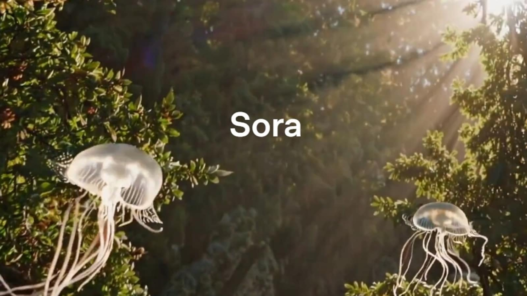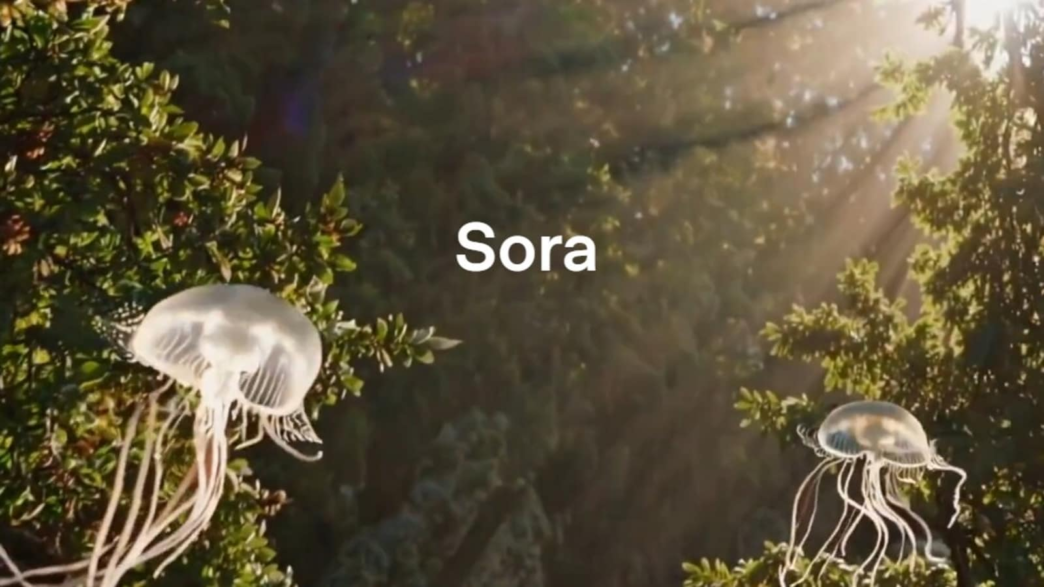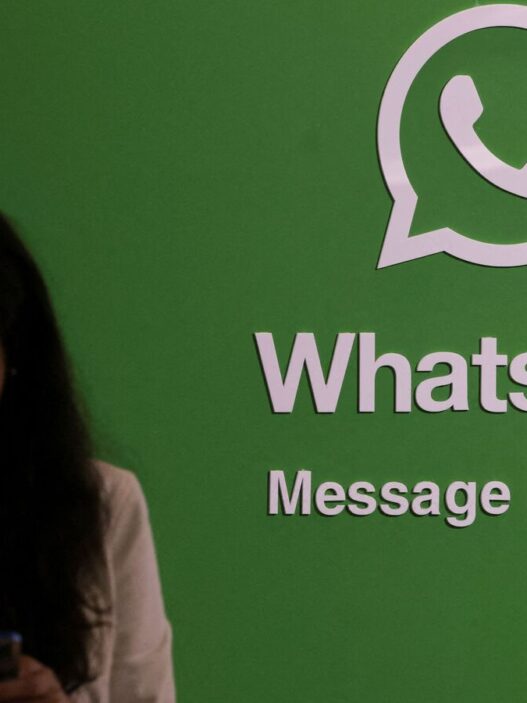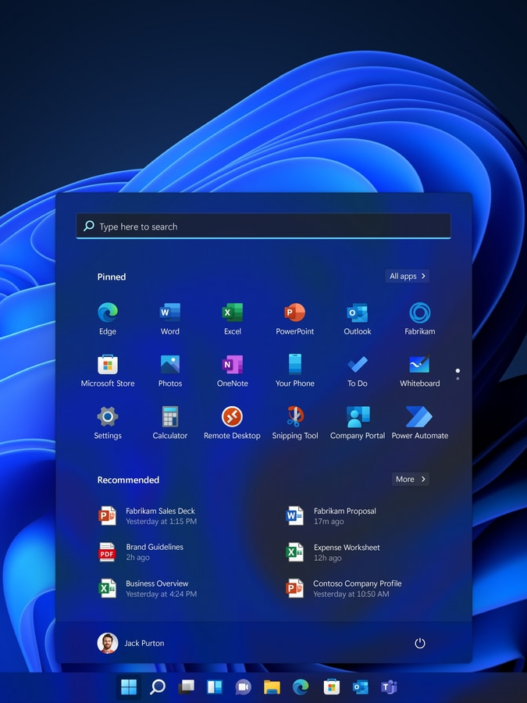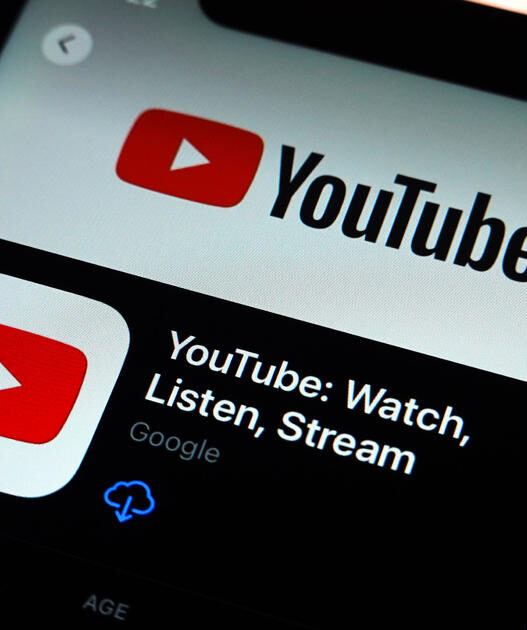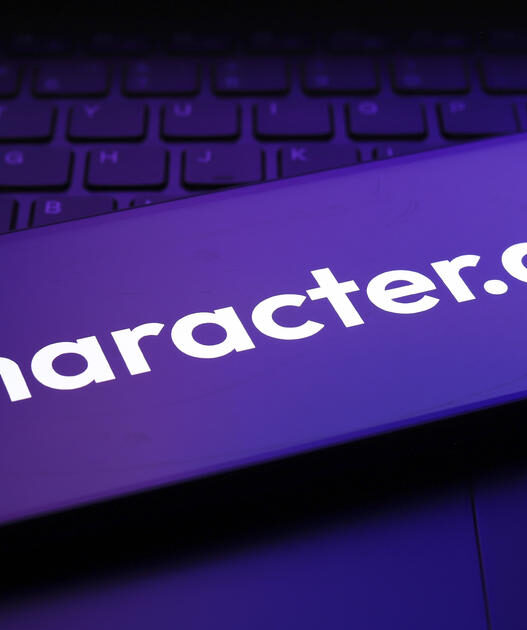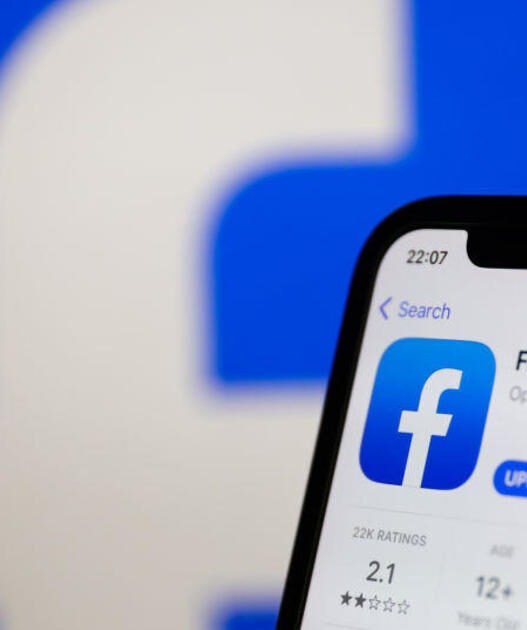OpenAI’s Sora has yet to be accepted in Hollywood and major studios worldwide, as filmmakers remain hesitant to embrace artificial intelligence (AI) in their creative and commercial ventures. Despite OpenAI’s extensive discussions with leading studios such as Walt Disney Co., Universal Pictures, and Warner Bros. Discovery Inc., no significant deals have materialised.
Why is the film industry hesitant to accept Sora?
The reluctance stems from concerns about AI’s impact on creative industries, data security, and potential conflicts with powerful labour unions.
Sora, OpenAI’s AI-powered video generator, was introduced in early 2024, positioning the company among a growing number of firms offering generative video tools. Since its release, OpenAI executives have tried to seek partnerships with Hollywood studios, demonstrating the technology’s potential at key industry events. However, the film industry remains cautious, particularly given the turmoil AI has already caused in entertainment.
The 2023 Hollywood strikes by both screenwriters and actors were significantly driven by fears over AI’s influence. Unions have consistently urged studios to ensure their intellectual property is not exploited by tech firms without proper compensation. OpenAI, valued at $157 billion, has emphasised that it is still early days for Sora and that the company does not intend to force partnerships prematurely.
“We’re so early with Sora,” OpenAI’s Chief Operating Officer Brad Lightcap told Bloomberg News in January. “I think part of getting these things right is you can’t just say, ‘Okay, we have a model, now we’re going to force a partnership.’ The industry’s feedback is super valuable.”
Despite widespread studio hesitance, some individual filmmakers have shown enthusiasm for experimenting with AI as a creative tool. Actor and director Ben Affleck has noted that AI could streamline filmmaking processes, eliminating costly and laborious elements while enhancing efficiency. He has, however, dismissed concerns that AI will replace screenwriting or filmmaking altogether.
For the major studios, the AI conversation remains complicated. While they recognise that AI will inevitably transform production workflows, their past experiences with tech giants like Google, Meta, and Netflix have made them wary of giving away their most valuable assets without significant financial returns. Unlike record labels, which profited substantially by taking equity in Spotify, major film studios missed out on early investment opportunities in streaming platforms, and they are cautious not to repeat the mistake with AI.
Lionsgate emerges as an exception
One exception in the industry is Lionsgate, which struck a deal with AI startup Runway in September 2024. This partnership allows Runway to train AI models using Lionsgate’s content, while the studio retains exclusive rights to use the technology in its productions. Lionsgate Vice Chair Michael Burns described AI as a tool to “augment, enhance and supplement” their operations, and some of its filmmakers are already exploring its applications.
OpenAI has reportedly discussed similar arrangements with other studios, allowing them to train custom AI models on their intellectual properties for internal use. Such agreements would let studios incorporate AI into production processes without granting the general public access to their characters or franchises. Additionally, some studios have explored the possibility of licensing their film and TV catalogues to OpenAI in exchange for substantial financial compensation, though these negotiations have yet to advance significantly.
(With inputs from Bloomberg)
Catch all the Technology News and Updates on Live Mint. Download The Mint News App to get Daily Market Updates & Live Business News.
MoreLess

